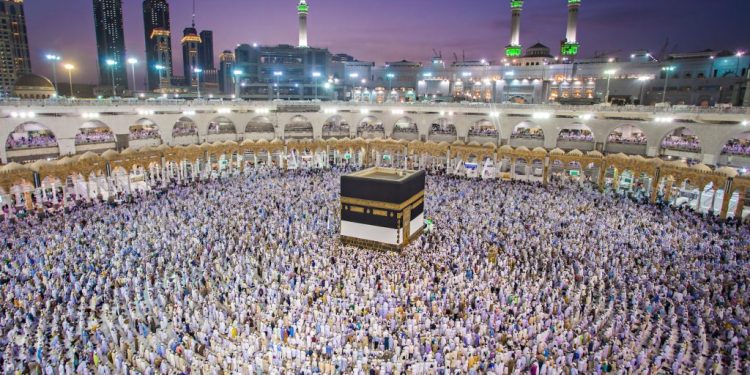By Alhaji MB Jalloh
Hajj, or Pilgrimage, is one of the five pillars upon which Islam is founded, according to the Messenger of Allah, Muhammad may peace and blessings be upon him. It is a cornerstone of faith that signifies submission to Allah and unity among Muslims.
Hajj is mandatory for every adult and sane Muslim who is both physically and financially capable of coming to the holy land of Makkah to perform the rituals, as prescribed by the Holy Quran and instructed by the Prophet Mohammad (SAW). It is required to be performed just once in a lifetime. (Bukhari and Muslim).
However, there are some misconceptions surrounding Hajj that need clarification. Many African Muslims, including a good number of Sierra Leoneans, believe that one should only perform Hajj when they are advanced in age, contrary to the instructions of our beloved Prophet, who emphasized that eligibility to perform Hajj is based on the following conditions:
- Islam: The first condition that makes a person eligible for Hajj is being a Muslim. A non-Muslim is not required to perform Hajj.
- Adulthood: Hajj is not obligatory for any Muslim who has not yet reached the age of puberty. However, it is allowed and even encouraged for teenagers to perform Hajj if they have the means, but such Hajj will not fulfill the mandatory Hajj. Therefore, such teenagers will be mandated to perform the obligatory Hajj when they become adults, or when they reach the age of puberty. (Abu Dawud, at-Tirmidhi, Ibn Majah).
- Sanity: To perform Hajj, one must be of sound mind. An insane person is not obligated to perform Hajj (Abu Dawud, at-Tirmidhi, Ibn Majah).
- Ability: To be eligible for Hajj, one must be both physically and financially capable. This includes having the health to endure the journey and the financial means to support oneself and one’s dependents during the pilgrimage (Quran 3:97).
- Mahram for Women: It is important and even necessary that a woman be accompanied by a Mahram (either her husband or a male relative who is not eligible to marry her). (Bukhari and Muslim). However, some scholars have stressed that if there is no opportunity for a Mahram to accompany her, it is sufficient that she is in a group or company of trusted women, especially in our time when travel conditions are more transparent and safe compared to the past. This view reflects the flexibility of the Sharia in accommodating ease and practicality in necessary situations.
When these conditions are met, one should not delay performing Hajj, regardless of age. The misconception that Hajj should be delayed due to age or ongoing sinful behaviour is misguiding and misleading. Sins and transgressions committed before or after Hajj hold the same gravity and penalties. Delaying Hajj unnecessarily can result in accountability before Allah should one die without fulfilling this obligation. Even delaying it alone is a sin. Thus, while one might say they are delaying it until they are sinless; they are also accumulating the sin of delaying it (Musnad Ahmad).
Another misconception is the belief that one should first offer Hajj to their parents before performing it. Hajj, like I stated earlier, is compulsory upon every adult Muslim who is both physically and financially capable. If you have the means to perform Hajj, you should do so before offering to pay for someone else, even if that person is your parent (Al Bayhaqi). If you have the means for both you and your parents to perform Hajj together, it is commendable. However, if you can afford Hajj for only one person, you should prioritize your own obligation. Performing Hajj for your parents does not absolve your personal duty to complete this pillar of Islam.
This piece aims to clarify the misconceptions about this vital pillar of Islam, which is mandatory for every male and female Muslim who meets the conditions. Fulfilling the obligation of Hajj as soon as one is capable ensures adherence to the Islamic principles and avoids potential accountability before Allah for unnecessary delays.












